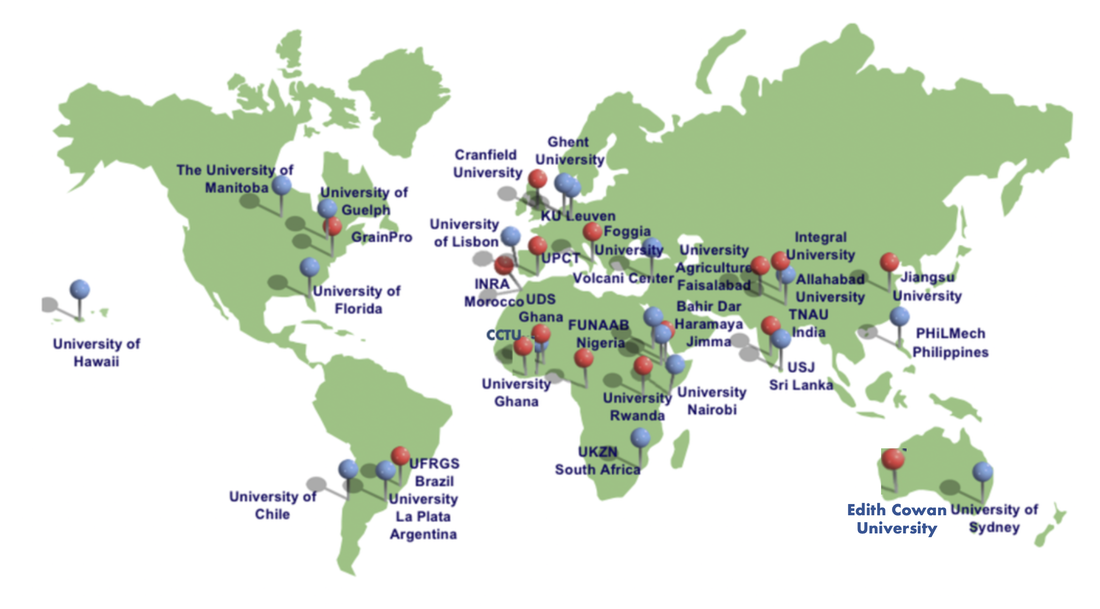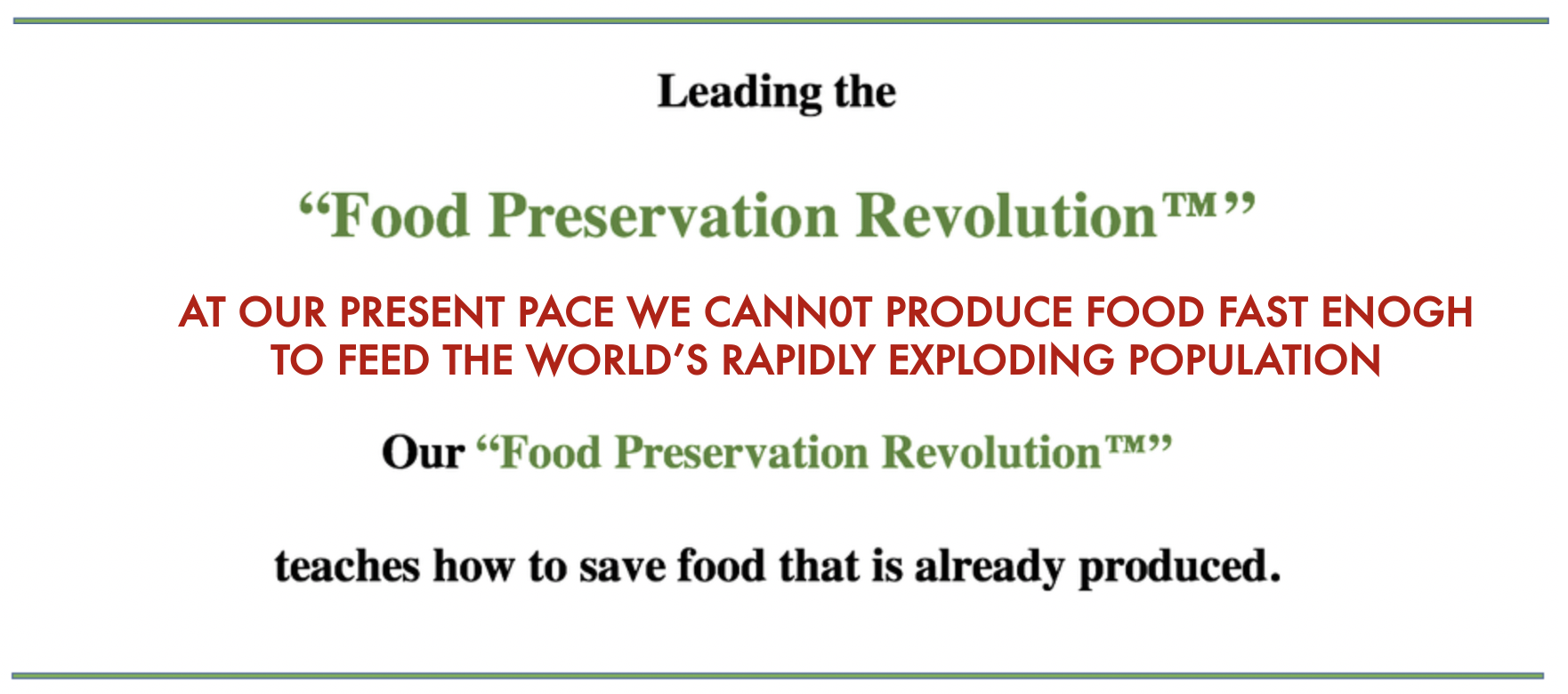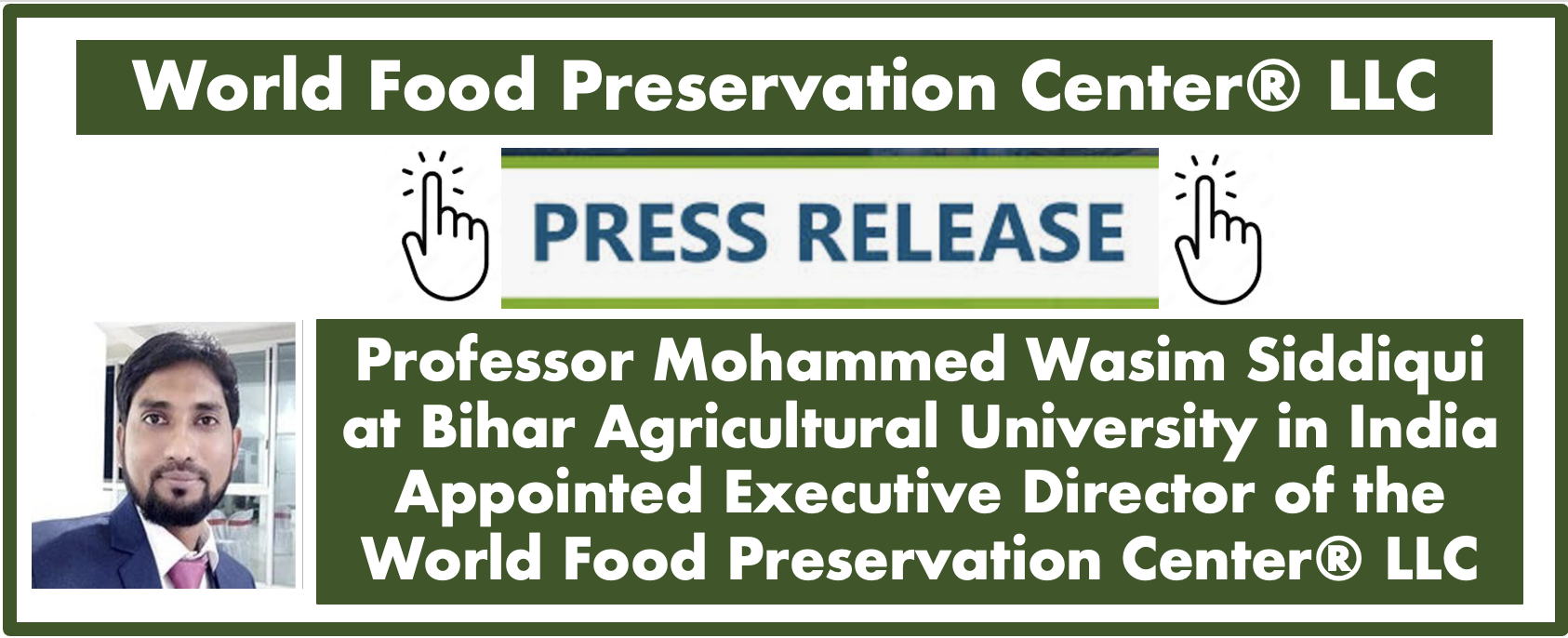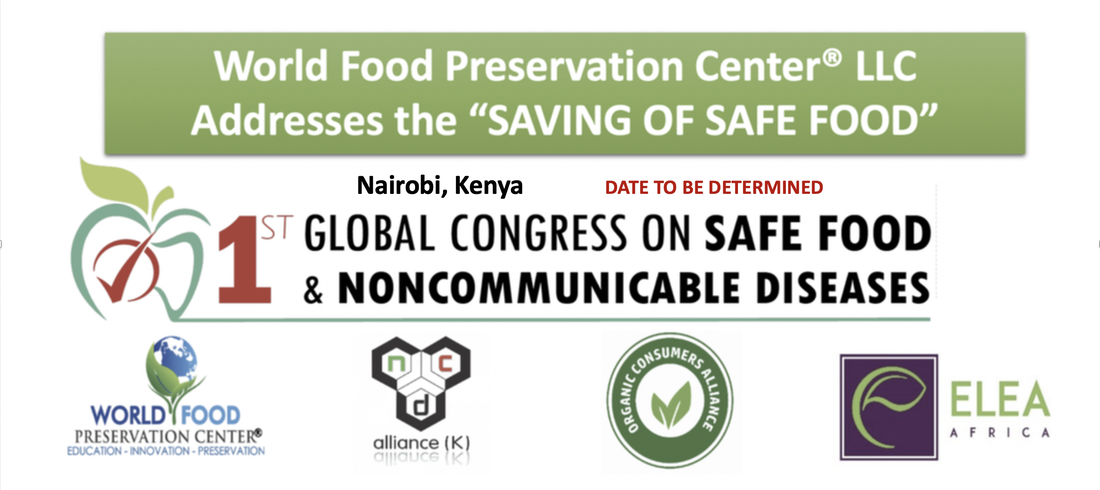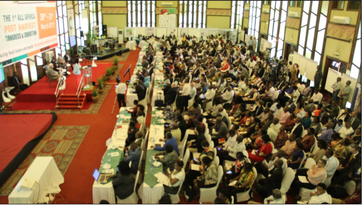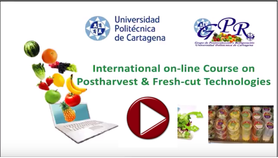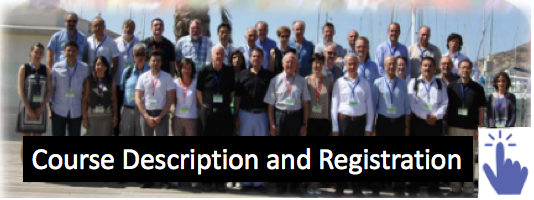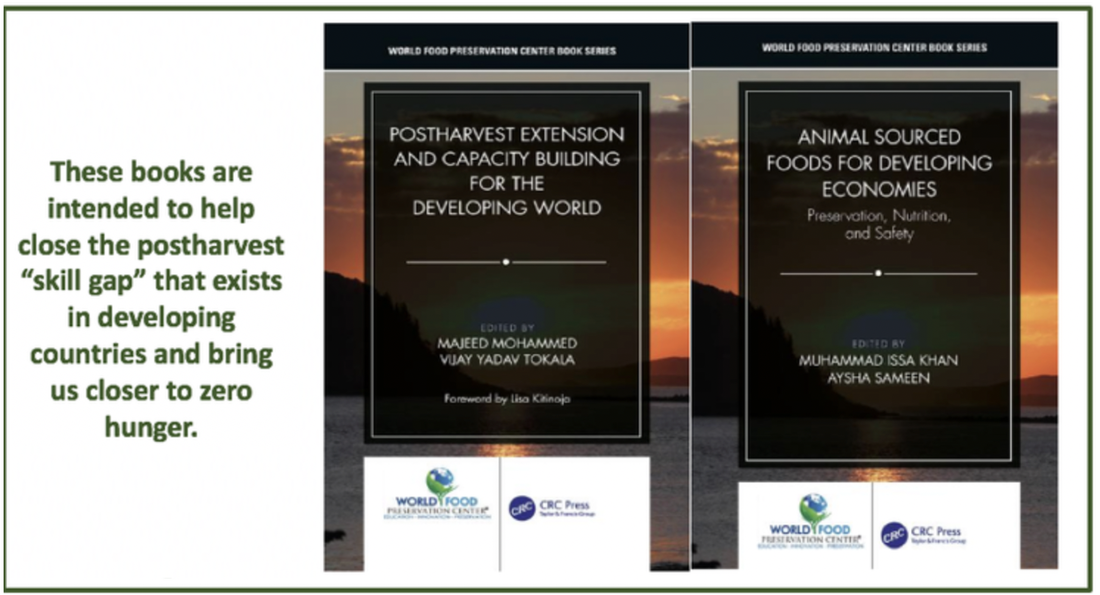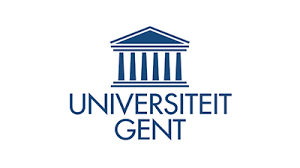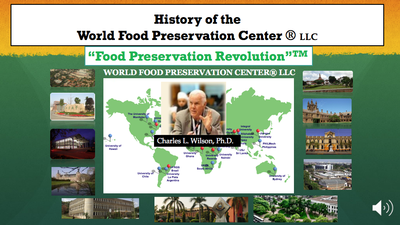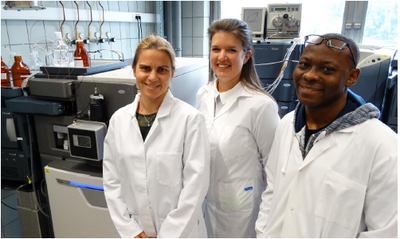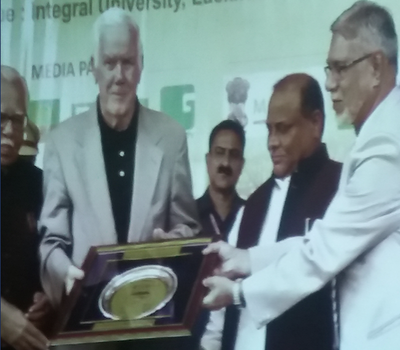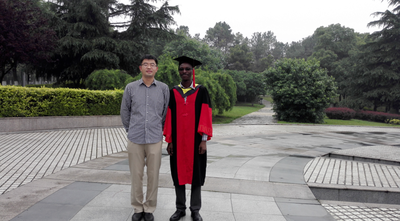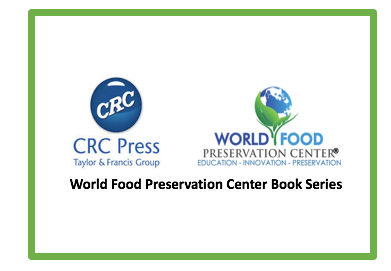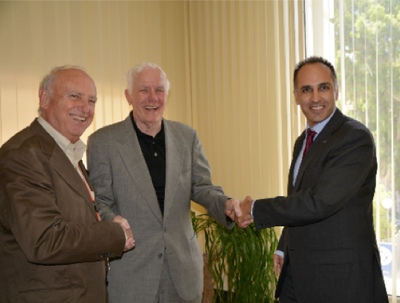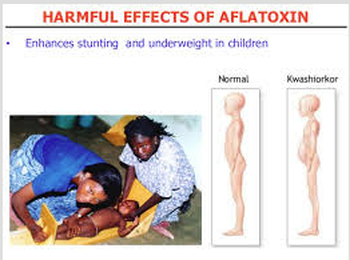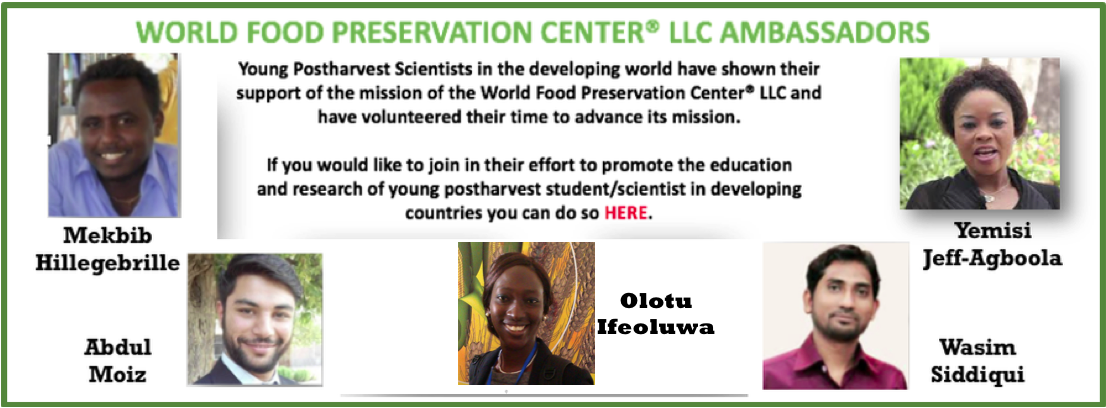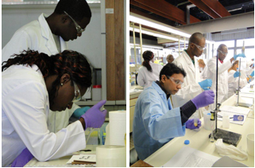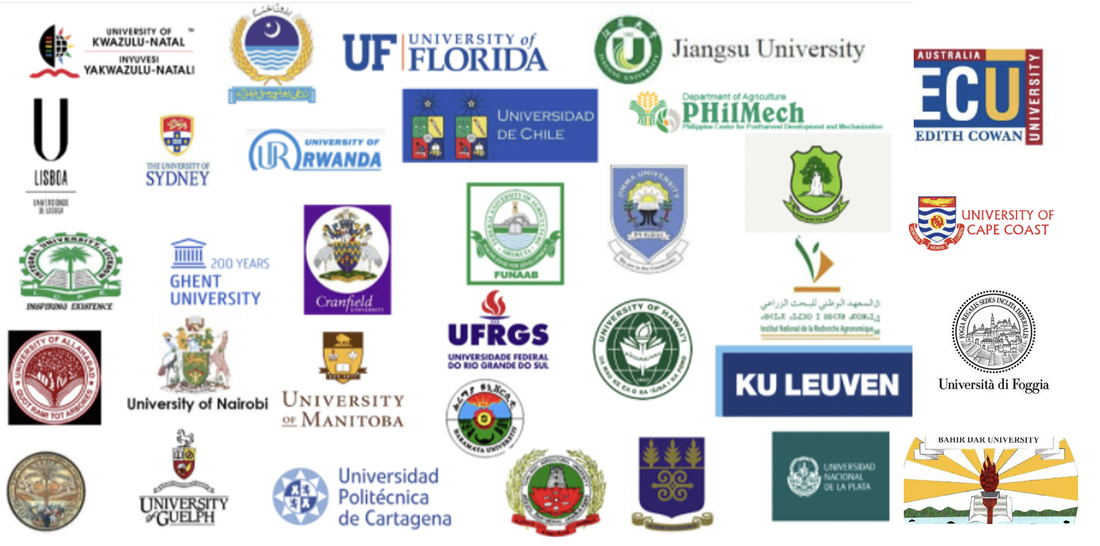- Home
- About
- World Food Crisis
- Postharvest Losses
- Aspiring Scientists
-
Universities/Institutes
- ARO VOLCANI CENTER
- CRANFIELD UNIVERSITY
- GHENT UNIVERSITY
- FEDERAL UNIVERSITY OF AGRICULTURE, Abeokuta
- FEDERAL UNIVERSITY OF RIO GRANDE DO SUL
- GHANANIAN UNIVERSITIES
- HARAMAYA UNIVERSITY, ETHIOPIA
- INSTITUT NATIONAL de ls RECHEERCHE AGRONOMIQUE
- JIANGSU UNIVERSITY
- JIMMA UNIVERSITY
- K U LEUVEN
- TAMIL NADU AGRICULTURAL UNIVERSITY
- UNIVERSITY OF AGRICULTURE, FAISALABAD
- UNIVERSITY OF ALLAHABAD, INDIA
- UNIVERSIDAD de CHILE
- UNIVERSITY OF FLORIDA
- UNIVERSITY OF KWAZULU-NATAL
- UNIVERSITY OF GUELPH
- UNIVERSITY OF HAWAII
- UNIVERSITY OF LISBON
- UNIVERSITY OF MANITOBA
- UNIVERSITY OF NAIROBI
- UNIVERSIDAD POLITECINICA DE CARTAGENA
- UNIVERSITY OF SYDNEY
- Research
- Supporters
- 1st All Africa Postharvest Congress and Exhibition
- FIRST GRADUATE
- THREE NEW UNIVERSITIES
- WFPC AWARD
- University of Kwazulu Natal Press Release
- GHENT UNIVERSITY
- GHENT UNIVERSITY PRESS RELEASE
- Newsletter
- World Food Preservation Center Ambassadors
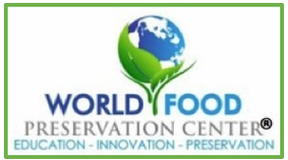
The United Nations has indicated that for the first time in recent history world hunger is on the rise. It is clear that we are not going to be able to meet this global food shortage crisis by simply producing more food as we did during the “Green Revolution.” Even with our most advanced food production technologies we are going to fall far short of enough food to feed the world's increasing population expected to reach 9.6 billion by 2050.
To feed the world's exploding population, we MUST save substantially more of the food that we already produce. Up until now we have invested a disproportionate amount of our resources in the production of food (95%) while only (5%) in the postharvest preservation of food. This has left us with tremendous postharvest "Skill Gaps" and "Technology Gaps" in developing countries. The World Food Preservation Center® LLC is filling these gaps by: (1) promoting the education (M.S. and Ph.D.) of young student/scientists from developing countries; (2) having young student/scientists from developing countries conduct research on much needed new postharvest technologies adaptable to their native countries; (3) organizing continent-wide postharvest congresses and exhibitions for developing countries; and (4) publishing much needed new texts/reference books on postharvest technologies/methods for developing countries.
To feed the world's exploding population, we MUST save substantially more of the food that we already produce. Up until now we have invested a disproportionate amount of our resources in the production of food (95%) while only (5%) in the postharvest preservation of food. This has left us with tremendous postharvest "Skill Gaps" and "Technology Gaps" in developing countries. The World Food Preservation Center® LLC is filling these gaps by: (1) promoting the education (M.S. and Ph.D.) of young student/scientists from developing countries; (2) having young student/scientists from developing countries conduct research on much needed new postharvest technologies adaptable to their native countries; (3) organizing continent-wide postharvest congresses and exhibitions for developing countries; and (4) publishing much needed new texts/reference books on postharvest technologies/methods for developing countries.
|
The World Food Preservation Center® LLC in conjunction with the University of Nairobi and a consortium of Universities and Research and Development Institutions in Africa conducted the "1st All African Postharvest Congress & Exhibition" March 23-27, 2017. DOWNLOAD PROGRAM AND ABSTRACTS |
"First International Conference on Transforming Agriculture & Food Systems in Africa"
Nairobi, Kenya June 18-21, 2019
Communique from the Conference
Nairobi, Kenya June 18-21, 2019
Communique from the Conference
INTERNATIONAL ON-LINE COURSE ON POSTHARVEST & FRESH-CUT TECHNOLOGIES
Seven Free Scholarships are Given to Students from Developing Countries
For more information and to register, please visit http://www.upct.es/gpostref/
WORLD FOOD PRESERVATION CENTER BOOK SERIES
See Books in the Series and Order HERE
See Books in the Series and Order HERE
"GLOBAL MYCOTOXIN ALLIANCE"
|
Mycotoxins (aflatoxins) produced by mold fungi are among the most potent mutagenic and carcinogenic substances known. They pose major health risks particularly in developing countries. Prolonged exposure through diet has been linked to cancer, kidney, liver, and immune-system disease. Stunting in children in developing countries has been attributed to mycotoxins.
The World Food Preservation Center® LLC, Ghent University, and BioIntelliPro have joined forces to form a “Global Mycotoxin Alliance” that aims to put the most advanced tools available into the hands of young scientists in all developing countries to detect and control mycotoxin contamination of their food.
|
|
The first step in launching the “Global Mycotoxin Alliance” have been taken by Ghent University through its Mytox South Initiative that is putting the most advanced mycotoxin technologies available into the hands of young scientists in Africa.
|
Copyright © 2023 World Food Preservation Center® LLC



